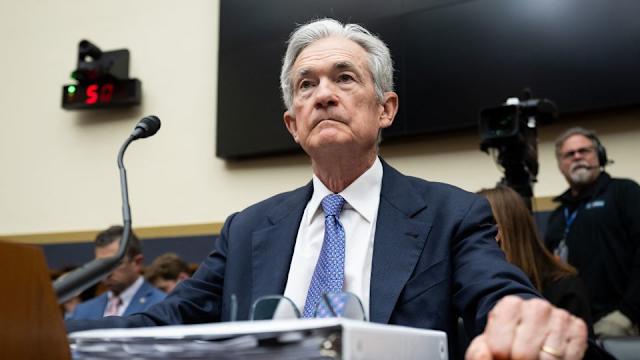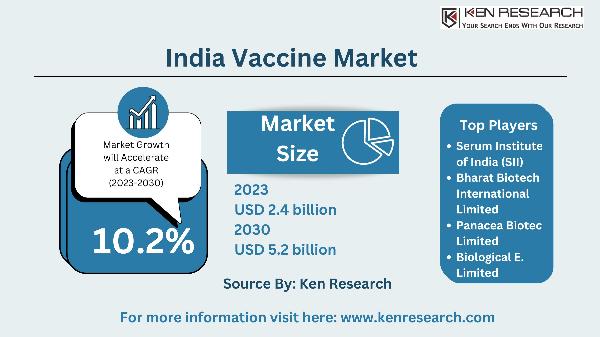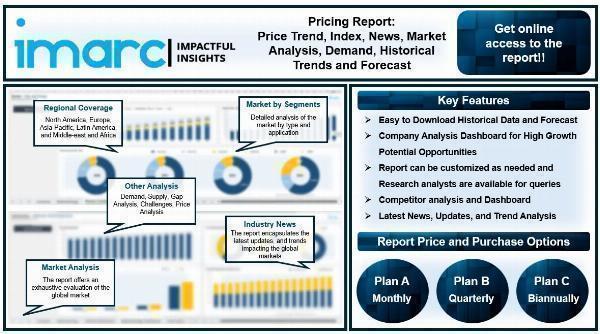Fed Chair Powell Throws Cold Water on July Rate Cut, Warns of Tariff Impacts on Economy
Federal Reserve Chair Jerome Powell testified before the House Financial Services Committee on Tuesday, reiterating that it is still too soon for the central bank to consider lowering interest rates. Powell emphasized that policy changes are still evolving and their effects on the economy remain uncertain.
In his prepared testimony for his semiannual monetary policy report to Congress, Powell said, "For the time being, we are well positioned to wait to learn more about the likely course of the economy before considering any adjustments to our policy stance."
Powell's comments come as some Fed officials have joined President Donald Trump in calling for lower borrowing costs. However, Powell noted that Trump's tariffs are bound to have some impact on the economy, though the extent of their effects remains to be seen. He said that the effects on inflation could be short-lived or more persistent, and that most forecasters expect a substantial wave of price increases to be passed on to consumers.
Fed officials have kept their benchmark lending rate unchanged since January, at a range of 4.25% to 4.5%. They have said they want to see how Trump's significant policy changes show up in economic data before resuming rate cuts. Late last year, the Fed slashed its key interest rate a full percentage point after keeping it elevated at a bruising two-decade high for more than a year.
Powell emphasized that the Fed is closely watching the fallout from Trump's tariffs, which are widely expected to jack up prices and eventually weaken economic growth. However, there has been little evidence of that so far. Powell said that Fed officials have laid out various scenarios on how the US economy could respond to tariffs due to the short-term implications for prices and employment.
Powell also noted that it is too early to know of any economic implications from the conflict in the Middle East, but that central bankers are watching the situation. He reiterated that the Fed does not take political factors into consideration when making decisions.
Despite Trump's demands and some central bankers signaling they are comfortable with lowering rates soon if the data cooperates, cutting rates in July will not be easy for the Fed to defend and remains unlikely. According to most economists, Trump's tariffs will start affecting prices more clearly around that time.
Powell said that the Fed can start cutting again if inflation pressures remain contained, but it wouldn't be any time soon. He added that the economy may show meaningful effects from the tariffs in June, July, or August. Analysts at JPMorgan, Goldman Sachs, Barclays, Nomura, and Deutsche Bank all still estimate just one rate cut this year, in December.
Powell told lawmakers that he wouldn't want to point to a particular meeting and that the economy is still strong. An end-of-year quarter-point rate cut likely won't sit well with Trump, who has repeatedly called for supersized rate cuts. The president has said the federal government is stuck making massive interest rate payments on its debt because the Fed hasn't lowered rates. However, the central bank doesn't consider the government's finances when setting rates; it bases its decision on economic data in striving for its dual mandate of maximum employment and stable prices.

Powell's cautious stance against July rate cut highlights the growing concerns about tariff-induced economic impacts, suggesting a delicate balancing act ahead for monetary policy.
The recent remarks by Fed Chair Powell hinting at a diminished likelihood of July's rate cut, and his warning on potential tariff impacts to the economy demonstrate prudential management aimed toward preserving growth stability amidst political tensions.
Powell's cautionary words on July rate cut and the potential negative effects of tariffs underscore concerns for economic stability, suggesting a delicate balance between fighting recession fears with policy easing while mitigating trade-related risks.
Commenting on the recent statement by Fed Chair Powell refuting July's rate cut and warning of potential tariff effects, analysts emphasize that his remarks underline how vulnerable economic recovery remains despite initial hopes for a smoother path.
Fed Chair Powell's cautious stance against a July rate cut suggests the Bundesbank-style approach, warning that potential economic ramifications from tariffs should be of top priority in monetary policy decisions.







![Isothermal Bags Containers Market [2028]: Top Trends, Size, and Competitive Intelligence - TechSci Research](https://antiochtenn.com/zb_users/upload/2025/07/20250719012446175285948669203.jpg)






